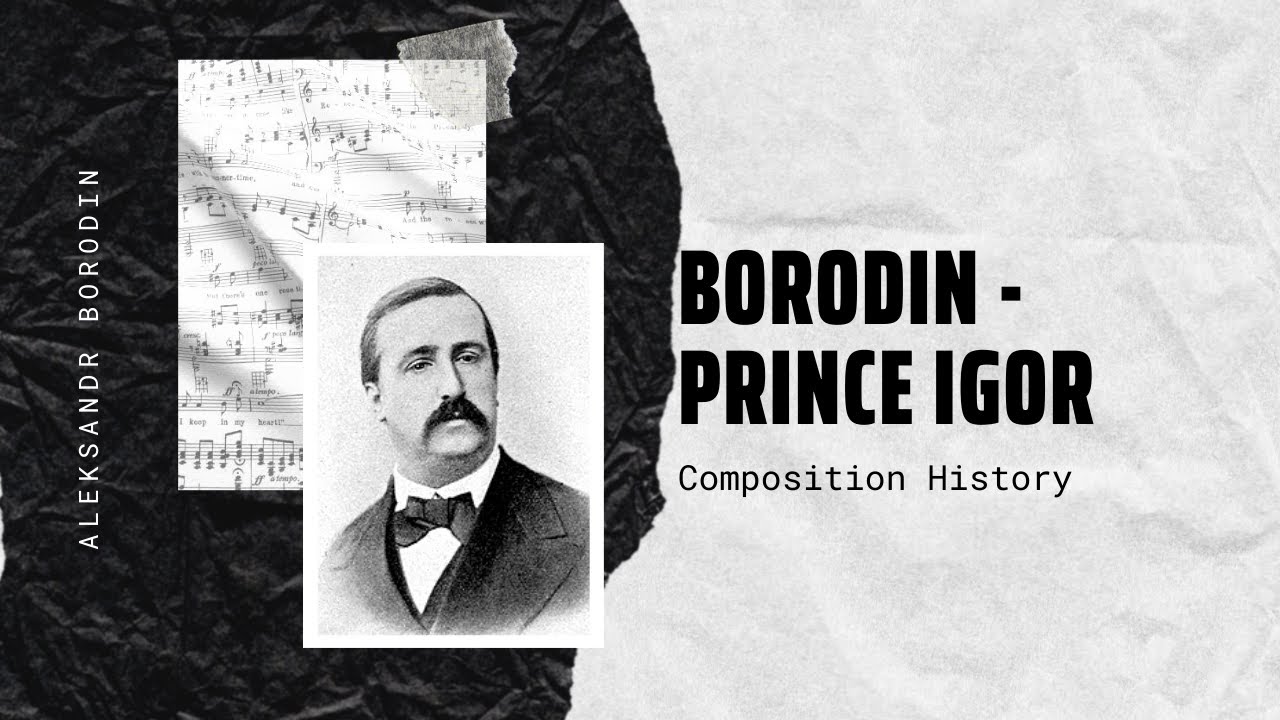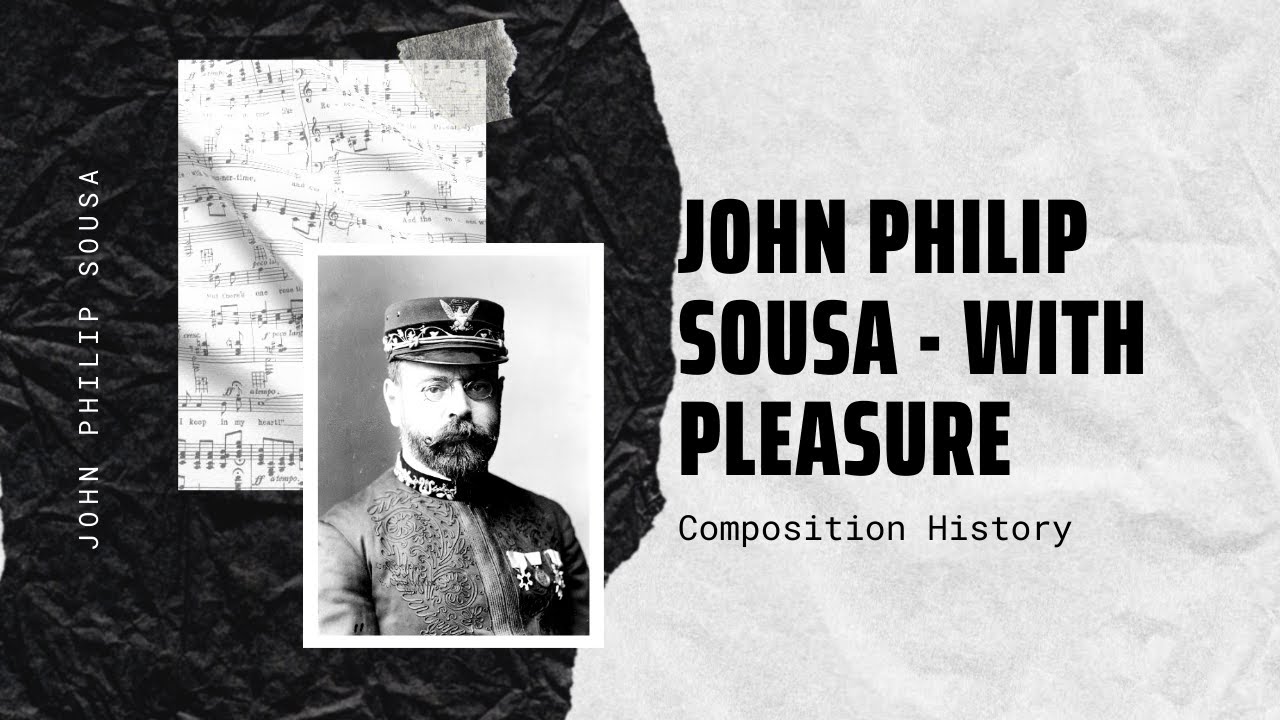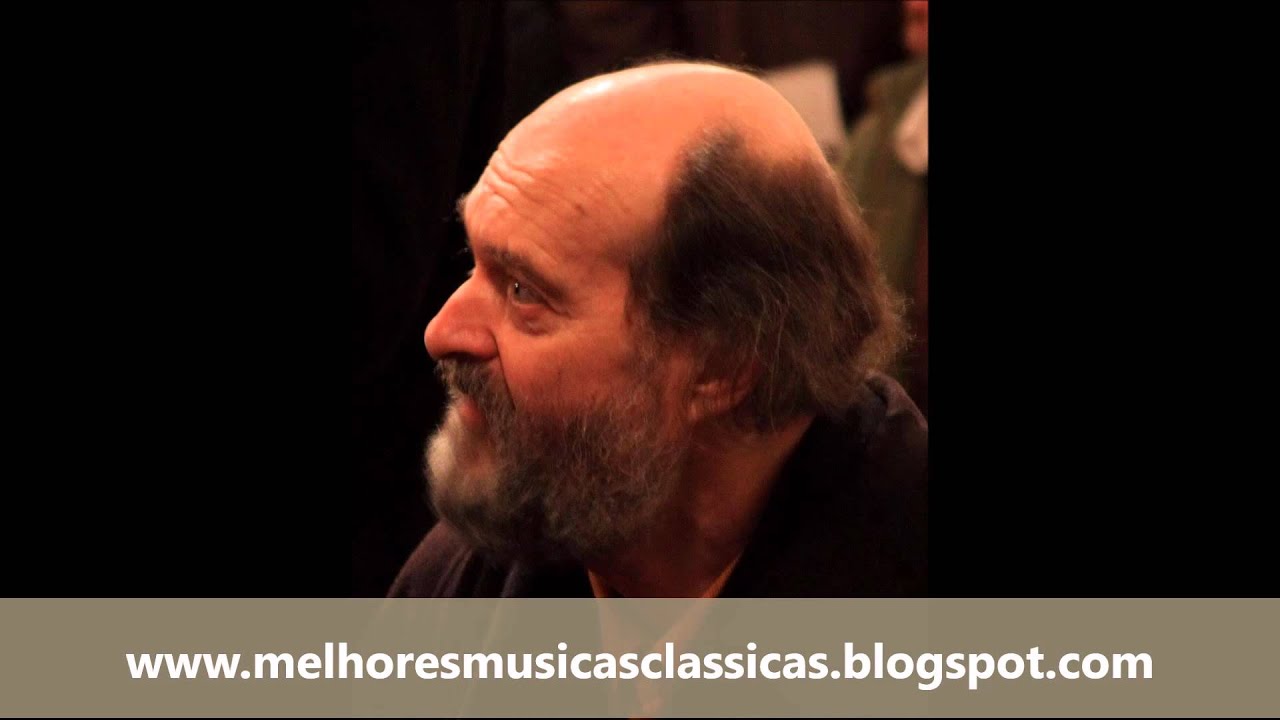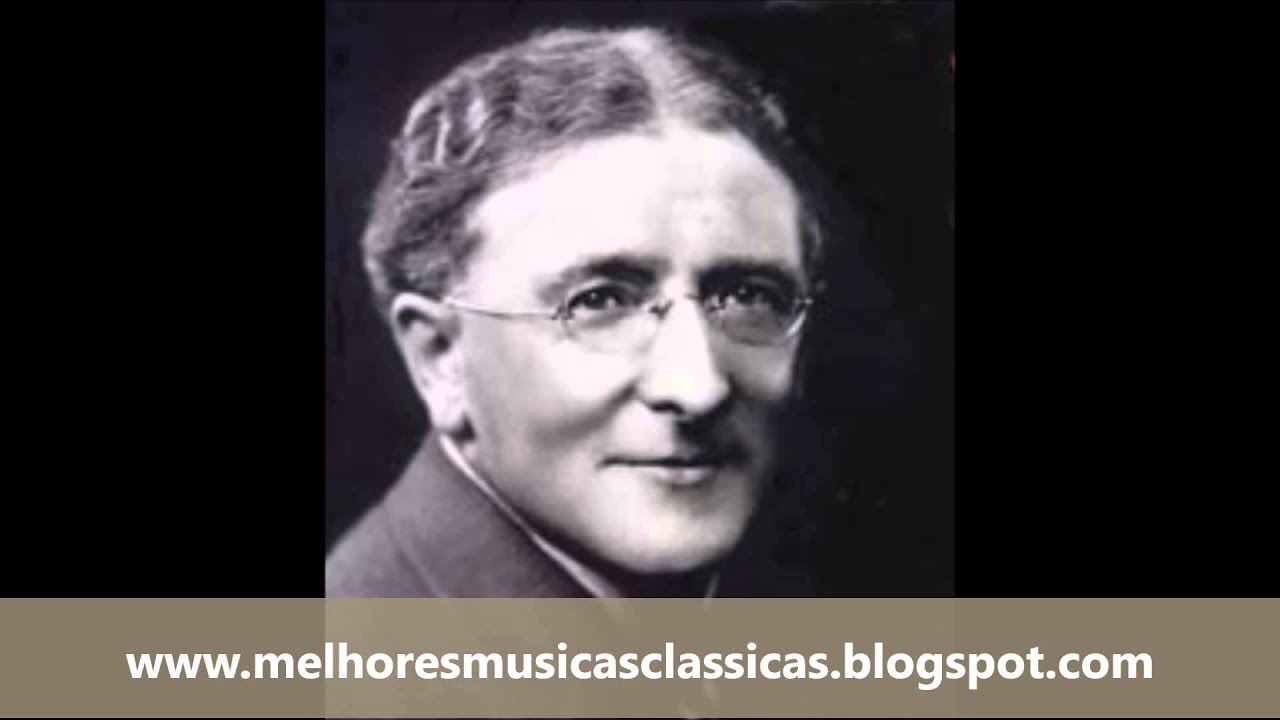
Borodin – Prince Igor
Alexander Porfiryevich Borodin (12 November 1833 – 27 February 1887) was a Russian chemist and Romantic musical composer of Georgian ancestry. He was one of[…]

John Philip Sousa – With Pleasure
John Philip Sousa (November 6, 1854 – March 6, 1932) was an American composer and conductor of the late Romantic era known primarily for American[…]

Arvo Pärt – Fur Alina
Arvo Pärt – Fur Alina Arvo Pärt (11 September 1935) is an Estonian composer of classical and religious music. Since the late 1970s, Pärt has worked[…]

Ketèlbey – In a Monastery Garden
Albert Ketèlbey – In a Monastery Garden Albert William Ketèlbey (/kəˈtɛlbi/; born Ketelbey; 9 August 1875 – 26 November 1959) was an English composer, conductor and[…]

Walther – Lobe den Herren
Johann Gottfried Walther Lobe den Herren For more: http://www.melhoresmusicasclassicas.blogspot.com

Frederick Delius – Twilight Fancies
Frederick Delius – Twilight Fancies Frederick Theodore Albert Delius, CH (/ˈdiːliəs/ 29 January 1862 – 10 June 1934), originally Fritz Delius, was an English composer. Born[…]

Strauss – Emperor Waltz Op. 437
Kaiser-Walzer, Op. 437 (Emperor Waltz) is a waltz composed by Johann Strauss II in 1889. The waltz was originally titled Hand in Hand and was[…]

Giovanni Croce – Cantate Domino
Giovanni Croce – Cantate Domino Giovanni Croce (also Ioanne a Cruce Clodiensis, Zuanne Chiozotto; 1557 – 15 May 1609) was an Italian composer of the late[…]

Vivaldi – Nulla in mundo pax sincera RV 630
Antonio Vivaldi Nulla in mundo pax sincera, RV 630, is a sacred motet composed by Antonio Vivaldi in 1735 to an anonymous Latin text, the title[…]

Strauss – Polka Champagne Op. 211
Johann Strauss – Polka Champagne Op. 211 Johann Strauss I (German: Johann Baptist Strauß, Johann Strauss (Vater); also Johann Baptist Strauss, Johann Strauss Sr., the Elder,[…]